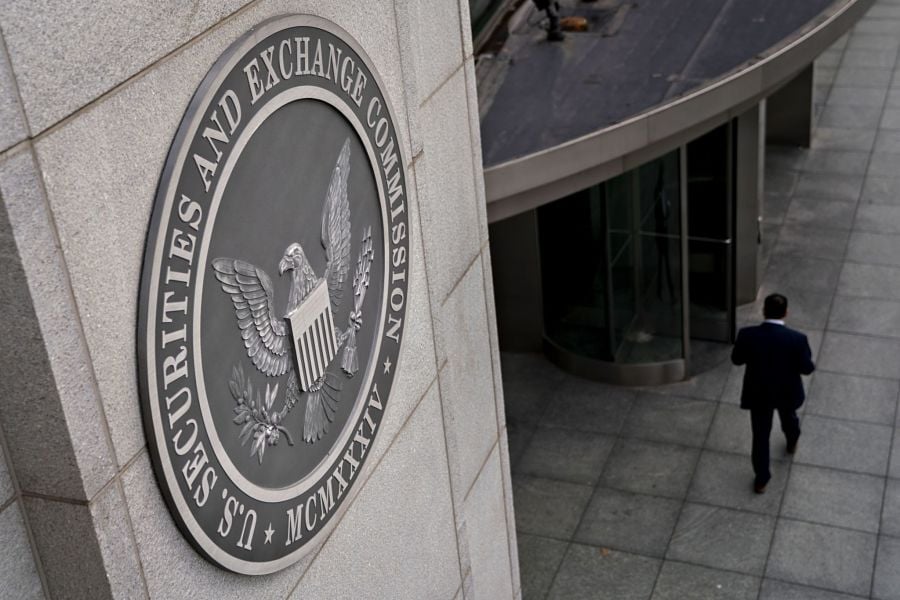

The new SEC chairman, Gary Gensler, faces difficult issues involving securities regulation.
However, his greatest challenges may come from a largely unexpected quarter — the actions of other federal agencies.
These agencies are concerned that developments in securities markets impact their regulatory missions. Their responses may conflict with the SEC’s core missions of protecting investors, maintaining fair markets, and facilitating capital formation.
Mutual funds’ growth has caught the attention of bank regulators, who regard many funds as “shadow banks” that should be subject to bank-type regulation.
In 1993, Treasury Undersecretary Frank Newman called for extending Community Reinvestment Act requirements imposed on banks to mutual funds. Acting SEC Chair Mary Schapiro blasted the proposal and it faded away.
In 1994, economist Henry Kaufman proposed legislation requiring fund shareholders to give 60 or 90 days’ notice before redeeming shares, analogous to the requirement applicable to bank CDs and time deposits. No action was taken on the proposal.
The Dodd-Frank Act gave the Financial Stability Oversight Council authority to designate nonbank financial firms as systemically important and provided that a firm so designated is subject to enhanced regulation by the Federal Reserve Board. Both former Fed Chair Janet Yellen and current Chair Jerome Powell have called for ways to make money market and corporate bond funds “resilient.”
However, they have not indicated what restrictions should be placed on these funds, for example, whether there should be restrictions on daily redeemability similar to those proposed by Mr. Kaufman.
The FTC has proposed rule changes that would grant the agency broad pre-investment review authority over many routine fund investments
Under current FTC rules individual funds must notify the FTC and the Justice Department and then wait 30 days before acquiring more than 10% of an issuer’s securities. The proposed changes would require prenotification based on the holdings of all funds with the same manager.
The investment industry opposes imposition of increased requirements on firms that acquire securities solely for investment purposes and not control. The 30-day delay would be particularly serious for index funds, which would be unable to meet their principal investment objective of tracking an index on a daily basis.
The FTC has not indicated its next steps.
Both the Department of Labor and the SEC have been working on rules relating to firms that render services to investors, including participants in retirement plans.
In 2017 the DOL adopted a “fiduciary rule” that was vigorously opposed by broker-dealers and insurance agents since effectively it would have banned their traditional form of compensation, sales commissions. The rule was struck down by the courts in 2018. The SEC, with input from the DOL, then adopted a “best interest” rule, which permits commissions under proper conditions.
However, the SEC rule has been criticized as inadequate by consumer groups and members of Congress, raising the possibility of future DOL action that would conflict with SEC regulation.
One hopes that in areas of potential conflict between the SEC's missions and those of other regulators, the new SEC chairman will be able to work out suitable arrangements with the other agencies. As precedents, the SEC reached an official accord with the Commodity Futures Trading Commission, and the Department of Labor reportedly assisted in the development of the SEC’s “best interest” rule.
However, there may be times when Gensler will have no choice other than to follow the example set by Mary Schapiro in 1993 and work to prevent other regulators from undercutting the SEC’s core missions of protecting investors, maintaining fair markets and facilitating capital formation.
Matthew Fink is the author of "The Unlikely Reformer: Carter Glass and Financial Regulation" and "The Rise of Mutual Funds: An Insider’s View."

Research reveals a 4% year-on-year increase in expenses that one in five Americans, including one-quarter of Gen Xers, say they have not planned for.

Raymond James also lured another ex-Edward Jones advisor in South Carolina, while LPL welcomed a mother-and-son team from Edward Jones and Thrivent.

MyVest and Vestmark have also unveiled strategic partnerships aimed at helping advisors and RIAs bring personalization to more clients.

Wealth management unit sees inflows of $23 billion.

Deal will give US investment bank a foothold in lucrative European market.
Orion's Tom Wilson on delivering coordinated, high-touch service in a world where returns alone no longer set you apart.
Barely a decade old, registered index-linked annuities have quickly surged in popularity, thanks to their unique blend of protection and growth potential—an appealing option for investors looking to chart a steadier course through today's choppy market waters, says Myles Lambert, Brighthouse Financial.
